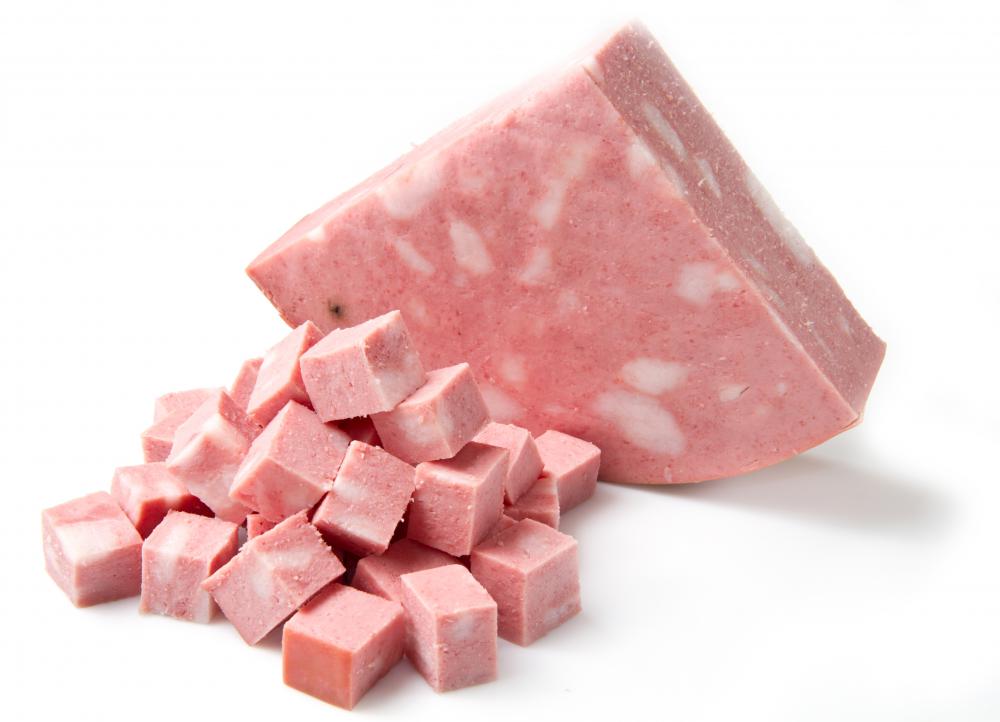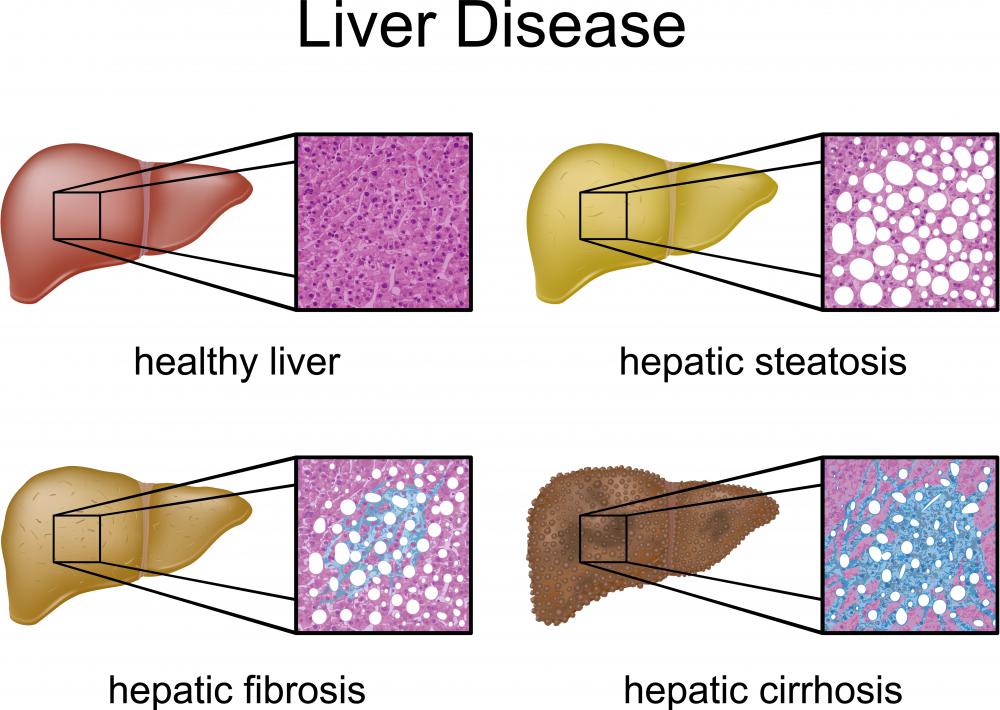At WiseGEEK, we're committed to delivering accurate, trustworthy information. Our expert-authored content is rigorously fact-checked and sourced from credible authorities. Discover how we uphold the highest standards in providing you with reliable knowledge.
What are Causes of Fluid Retention?
A poor diet, certain medications and illness are all common causes of fluid retention, also known as edema. Primarily in women, hormonal changes can even lead to fluid retention. Some of the causes of edema can be corrected simply by making lifestyle or dietary changes, and others are related to serious underlying medical issues.
Fluid retention happens when, for a variety of reasons, the body is not properly releasing excess fluids. An excess of sodium is one of the most common causes of fluid retention. If diet is the problem, high-sodium foods such as soup, canned vegetables and deli meats should be avoided. Avoiding caffeine and alcohol can also help.

Another common cause of fluid retention is a lack of certain nutrients that aid the body in eliminating excess fluids. Vitamins B1, B5 and B6 are believed to aid in this process. Certain medications can cause fluid retention, as well. Steroids and medications for diabetes and high blood pressure are all common culprits.
Fluid retention sometimes can be traced to serious conditions and illnesses such as kidney disease, liver disease and heart disease. When the heart fails to function properly, for example, the body sometimes overcompensates by retaining excess fluids. This can lead to swelling in the abdomen, legs or lungs, depending on which area of the heart is affected.

Kidney failure usually causes fluid retention that manifests around the eye area and in the legs. When kidneys fail to function properly, they do not release proper amounts of sodium and fluid. The swelling results from the excess fluid that is not being released.
Another serious cause of fluid retention is cirrhosis of the liver. This disease causes the liver to become congested. As a result, blood vessels going into the liver become backed up. In turn, this causes abdominal swelling or swelling in the feet.

A host of other issues can cause temporary fluid retention. Standing for hours on end, for example, can cause fluid to accumulate in the lower legs and ankles. A severe sunburn or other burns can even cause fluid retention. This happens because the injured skin responds by retaining fluid and swelling.
In women, fluid retention can be caused by hormonal changes. Birth control pills and other medications containing estrogen sometimes lead to edema. During pregnancy, women can retain excess fluids that are supplied to the fetus. This swelling is often seen in the lower legs, feet, hands or face.
The causes of fluid retention are many and should not be self-diagnosed. A medical professional can best pinpoint the cause. Simple blood and urine tests typically are used to diagnose the causes of fluid retention.
AS FEATURED ON:
AS FEATURED ON:













Discuss this Article
Post your comments